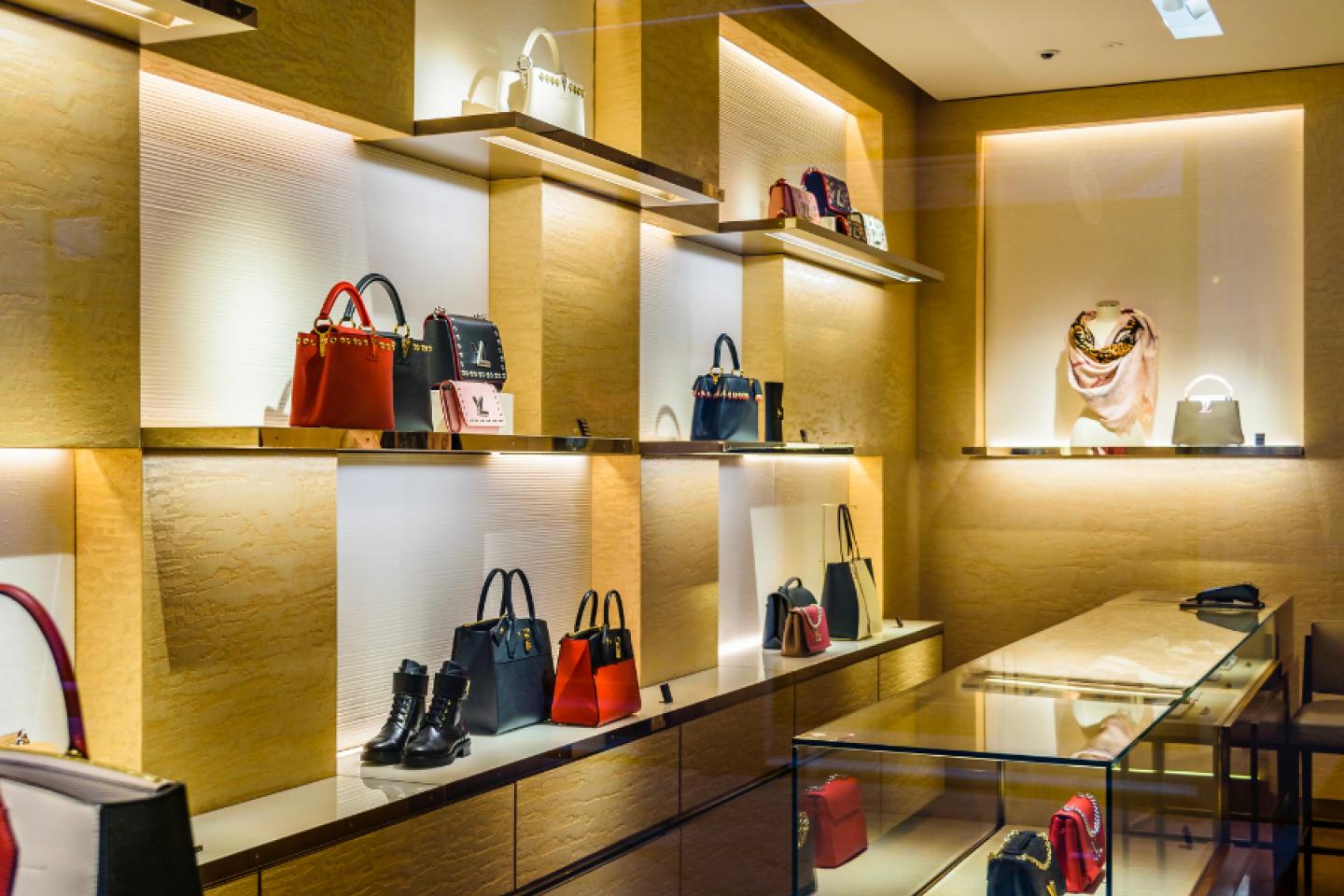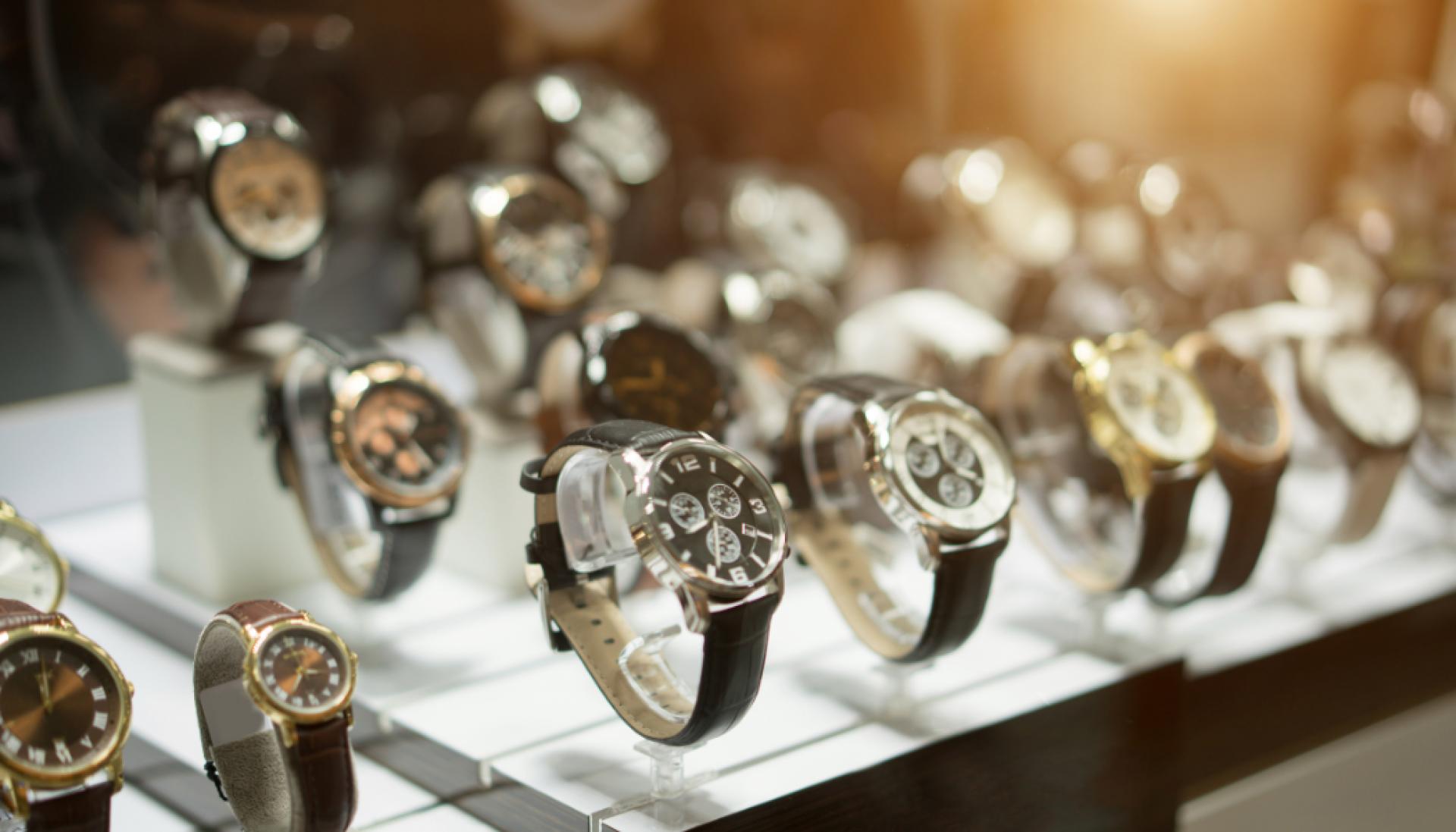
Is “Tax-Free Shopping” The Answer For Luxury Retail?
Burberry chairman Gerry Murphy recently claimed that the removal of VAT-free shopping for tourists has made the UK the ‘least attractive shopping destination in Europe.’
This debate around tax-free shopping has been recently re-ignited after tourist VAT refunds were scrapped in early 2021, but plays into a wider conversation about the future of the luxury retail sector in the UK.
Luxury shopping, like many other industries, has faced incredibly challenging times in recent years. The COVID pandemic was hugely disruptive for many retailers, and while signs of recovery emerged after restrictions were lifted, the cost-of-living crisis has presented yet another obstacle for luxury brands.
So where does tax-free shopping enter into the conversation?
Many luxury retailers view tax-free shopping as a smart solution that can incentivise tourists to purchase high-value goods in the UK. With VAT-free shopping, travellers can reclaim the tax applied to their bills, in a similar way to duty-free purchases at the airport - this means that shoppers can claim back up to 20% of their purchases, which is a significant saving.
In simple terms, tax-free shopping allows tourists to unlock great value when purchasing expensive items abroad, which is a brilliant way to stimulate growth in the luxury sector.
But why was VAT-free shopping removed in the first place? And how might a return benefit luxury retailers in the UK? Let’s take a closer look at the situation, and explore whether the reintroduction of tax-free shopping might be a game-changer for luxury brands.

How has the UK’s stance on VAT-free shopping changed?
The tax-free shopping scheme was initially scrapped in the wake of Brexit at the beginning of 2021, as relationships between the UK and EU became increasingly complicated.
Interestingly, VAT-free shopping was briefly re-introduced as part of Kwasi Kwarteng’s mini-budget in September. This decision was praised by various industries in the UK, particularly businesses in the tourism and luxury retail sectors.
However, following Jeremy Hunt’s appointment as Chancellor, many aspects of this mini-budget were scrapped - including VAT-free shopping for foreign visitors.
Although the UK government has claimed that eliminating tax-free shopping will save the country around £2bn a year, many industries have voiced their opposition to this idea. Luxury retailers are already facing difficulties amidst economic turbulence in the UK, and the removal of VAT-free shopping adds another layer of complexity to the situation.
In the words of the UK Association of International Retail: “It’s no surprise that high-spending international visitors are deserting Britain and spending their money elsewhere in Europe.”
With European cities such as Milan and Paris continuing to offer tax-free shopping incentives, the UK faces a major challenge in competing with these retail destinations.
Statistics show that US tourists are now spending more than triple the amount on VAT-free goods in France and Spain as they were before the pandemic in 2019. On top of that, GCC tourists visiting Britain spent 35% less in 2022 than they did pre-pandemic, but spent 66% more while visiting Italy.
While the debate is certainly nuanced, it’s clear that VAT-free shopping incentives are hugely influential for tourists looking to spend their money in European retail destinations.

What are the primary benefits of reintroducing tax-free shopping?
Although both sides of the tax-free shopping debate have valid arguments, there are a number of compelling benefits to recognise in favour of VAT-free shopping schemes.
For example, Kay Buxton (Chief Executive of Marble Arch London BID) states that:
“Research from the Association of International Retail found that reintroducing tax-free shopping would have brought in an additional 1.6 million visitors in its first full year. It also estimated that these new visitors would have spent an extra £2.1bn on shopping, along with an additional £1bn on other goods and services.”
Not only could VAT-free shopping encourage tourists to visit the UK, but it could also motivate them to purchase high-value items from luxury retailers due to the significant savings that are available.
Many of the arguments supporting the return of tax-free shopping are also rooted in real data and research statistics.
A report by the business association for luxury brands, Walpole, claims that 93% of international travellers said they would be “less likely to shop in the UK if they couldn’t reclaim VAT.” On a similar note, a HMRC survey from 2020 found that 69% of respondents said the possibility of tax-free shopping “influenced their decision to come to the UK.”
On top of this, a recent Oxford Economics research study found that the scrapped tax-refund scheme could have netted a £340m annual gain to the exchequer, generated £2.8bn of extra spending, and sustained 78,000 jobs.
This data suggests that a lack of VAT-free shopping isn’t just influencing the decision-making of tourists, but also causing a sizable impact on the UK economy, job market, and luxury sector.

Are there any potential drawbacks of tax-free shopping in the UK?
While many economic reports and luxury retailers may be presenting a persuasive case for tax-free shopping, it’s also important to recognise the other side of the debate.
For example, some might argue that schemes designed to boost tourist shopping are already in place - and delivering positive results. A London campaign aiming to attract foreign visitors has reportedly delivered £289m of additional spending in the capital, as well as an estimated 600,000 incremental visitors.
Government claims about the cost of tax-free shopping are also worth taking seriously, as many of these figures have been sourced from independent economic forecasts and organisations like The Office for Budget Responsibility.
Although the re-introduction of VAT-free shopping may be hugely beneficial for luxury retailers, no economic scheme is perfect, and there are certainly potential costs and issues to consider.
After facing an incredibly challenging few years, the return of VAT-free shopping in the UK could be a monumental win for the luxury retail sector.
While any plans to revive tax-free shopping would need to be carefully considered, this move could help to attract high volumes of tourists, unlock significant revenue streams, and provide the luxury industry - alongside the wider UK economy - with a much-needed boost.
If you would like to discuss potential hires for your team within the Retail space, please get in touch with Joe on [email protected]



